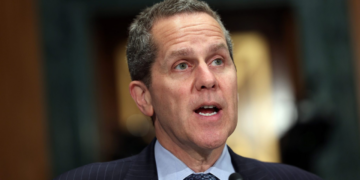A new survey from TinyPulse shows that 1 in 5 executive leaders agree that “no one wants to work.” Those respondents also stated that there has been a “lack of response to job postings” and “poor quality candidates.”
However, a Gallup poll finds that 86% of workers are actively disengaged at work, and that poor employee engagement is a large indicator of global mismanagement.
While leaders express their displaced grievance on current hiring abilities, hustle culture has skyrocketed with the help of gig work platforms like Fiverr.com. In fact, the firm’s revenue has grown by 42% as a result of the Great Resignation.
Workers are speaking loud and clear about what they want from the workplace, with the same Tinypulse survey showing that support for workplace vaccine mandates grew by 7% from the previous quarter.
However, it will take more than Covid-related protocols to attract new talent. Companies need to fully realize what they want their culture to look like, and take action to achieve these goals.
“When you look at why people are resigning, and the reasons behind the Great Resignation, it’s because people don’t feel a sense of belonging at work,” said Aisha Suleiman, founder of London-based Inclusive Culture.
That’s why some employers are using Employee Resource Groups (ERG) to create a stronger connection amongst employees. For instance, Suleiman created an ERG for Amazon UK, which helps connect workers based on common interests, lifestyles, or heritage.
Retention and camaraderie go hand-in-hand, and businesses that rely on the latter for sustainability will be successful in the future.















